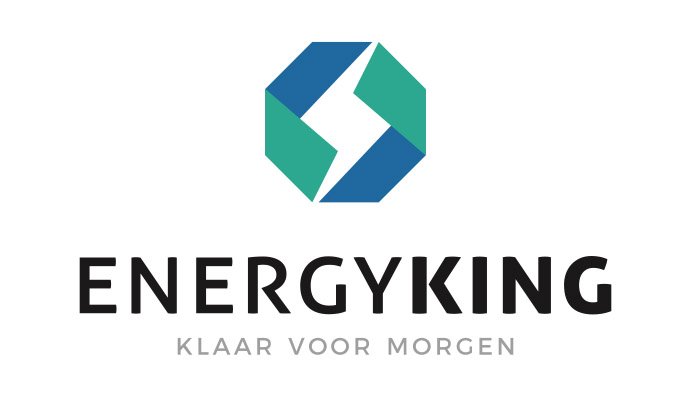Homeowners are always looking for innovative ways to reduce their energy consumption and reduce their carbon footprint. One of the most notable players in this sustainable landscape is the heat pump. This is a technological powerhouse that provides a comfortable indoor environment. Moreover, it also has a significant impact on your energy consumption and carbon footprint.
Energy Use in the Spotlight
Heat pumps act as true energy converters. They extract heat from the environment and use it to heat or cool a building. This innovative process stands in stark contrast to traditional heating systems. These often rely on fossil fuels and consume significantly more energy. With heat pumps, homeowners can enjoy great energy savings. This is not only good for their wallets, but also for the planet.
A crucial advantage of heat pumps is their ability to extract heat from outside air, ground or even water. This makes them suitable for a variety of climate conditions. Whether it is freezing outside or summer temperatures prevail, heat pumps adapt and continue to perform efficiently. This makes them a reliable choice throughout the year.
Ecological footprint
In addition to reducing energy consumption, heat pumps also have significant environmental benefits. By reducing their reliance on fossil fuels, they contribute directly to reducing greenhouse gas emissions. This is especially relevant at a time when climate change is an urgent issue and individual actions have a cumulative impact.
The use of heat pumps also promotes sustainability by reducing the demand for non-renewable energy sources. This contributes to the transition to a greener energy infrastructure and supports the global goal of reducing dependence on fossil fuels.
Financial Benefits and Incentives
In addition to the ecological benefits, there are also financial incentives for homeowners making the switch to heat pumps. In many states, subsidies, tax breaks and other incentives are available to support the installation of energy-efficient heating and cooling systems. These financial benefits often make the initial investment in a heat pump more attractive and accelerate the payback period.
The Future of Heating and Cooling
With a growing demand for sustainable solutions and increasing awareness of environmental issues, the future of heating and cooling seems to be increasingly tied to heat pump technology. It is an investment that not only improves homeowner comfort, but also contributes to global efforts to combat climate change.
Conclusion
In conclusion, the impact of heat pumps on both energy consumption and carbon footprint is significant and promising. By making the switch to these advanced systems, homeowners can not only enjoy lower energy bills, but also play an active role in creating a more sustainable and greener future. It is an investment in comfort, efficiency and environmental responsibility that pays off in both the short and long term.





